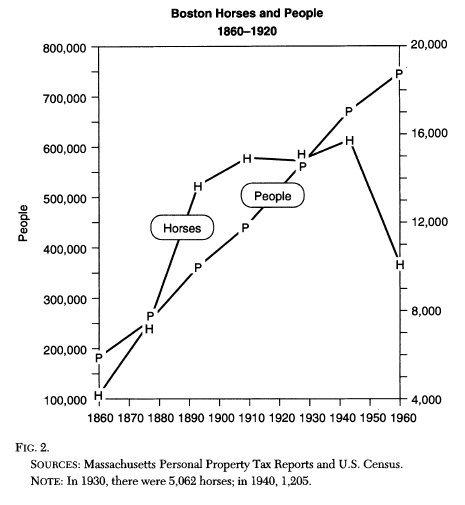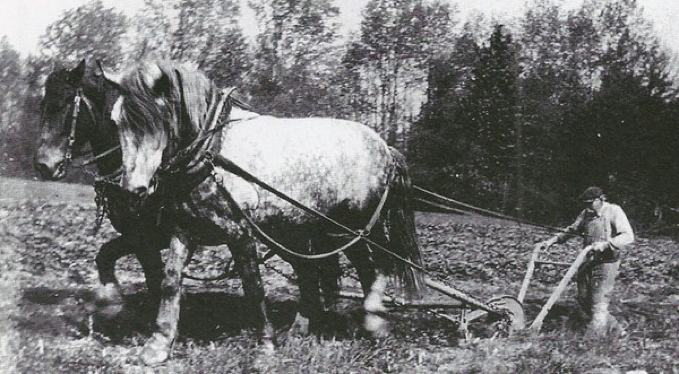
People might be underestimating the Lincoln Project thing because of misunderstanding how messaging campaigns build over time. Ppl thought Occupy Wall Street was a failure b/c it didn't immediately change things, but it was an important moment in a trajectory 1/ 

OWS left a legacy of activists and a politically effective language for keeping inequality in the public mind (the 99% vs the 1%). Lincoln Project is different but it has some dedicated and well funded people working on messaging that might ultimately find an audience 2/
When I talk to my students, I hear a lot of disappointment and anger with the choices they've been given. Many are conservatives who dislike Trump but are unimpressed with Biden for various reasons. I doubt most of them have heard of the LP yet... 3/
But I wouldn't be surprised to see LP-like campus groups pop up if Biden wins. The immediate future for R's is more Trumpism regardless of election results. But cons who have been cast out of the R party have nowhere to go b/c the left D faction is fairly powerful and... 4/
Increasingly so at the local level, even more--I'm guessing--in campus party orgs. So in short there's a significant group of motivated conservative ppl out there with access to money and powerful networks who are politically homeless for now. I doubt that can last for long.
• • •
Missing some Tweet in this thread? You can try to
force a refresh




